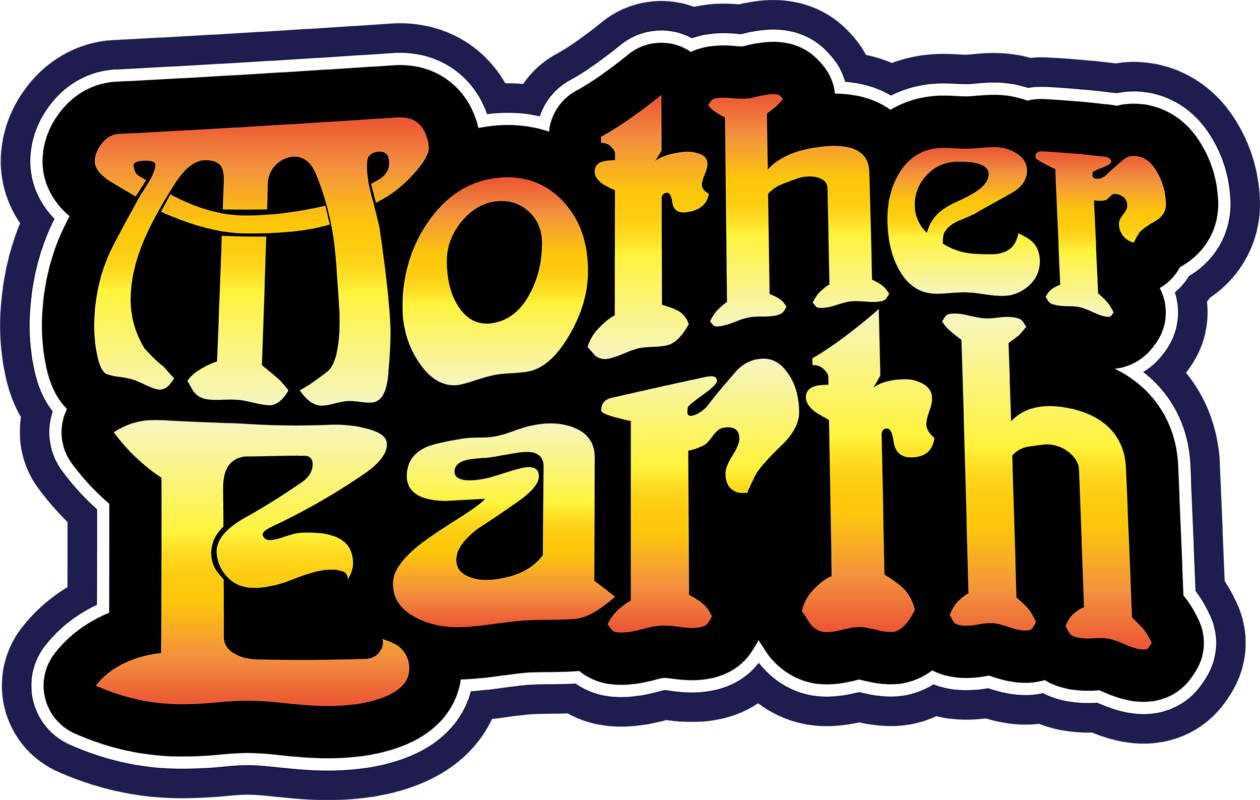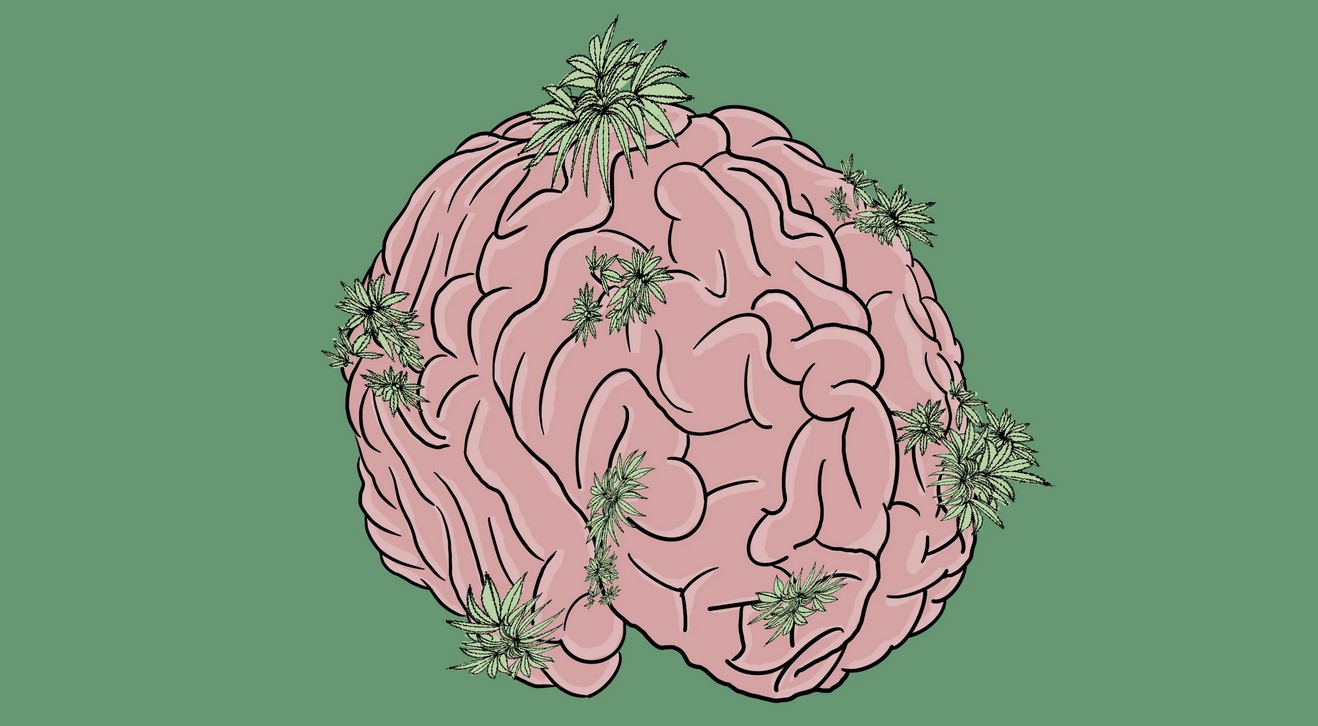Uncategorized
Cannabis and Memory Loss
If you use medical marijuana, then you’re likely already conscious of its influence on memory. You take your medication as normal, but suddenly can’t remember where you put your purse down or why you walked into a certain room. While this can be confusing and frustrating, it’s important to know that memory loss is a common side effect of marijuana usage–but one that can be manageable with the right strategies.
We already know that there is a link between cannabis and memory loss, but new studies are showing that this only affects short-term memories. Long-term memory loss is not caused by cannabis use. But why does it happen? And is there anything you can do to avoid it?
One of the primary reasons advocacy for cannabis is taking so long is because negative stereotypes have become popularized. Prior to this age of acceptance, people generally saw cannabis as a harmful drug with no benefits. Although this stigma is being disproven, there’s still progress to be made. Several things need to be changed before cannabis can advance; primarily, the illegal status of cannabis and the lack of research on certain areas.
If you’ve ever been curious about the effects of cannabis on memory, then this article is for you. We will be discussing the relationship between cannabis and its effects on memory, as well as whether or not it can ruin your memory.

Cannabis and memory
Cannabis’s impact on memory is due to the plant’s cannabinoids’ effects on the brain. Besides cannabinoids, cannabis also contains flavonoids and terpenes. There are more than 100 different types of cannabinoid molecules in cannabis plants. These chemicals affect people by binding to specific sites called receptors, which are located throughout the body—including in the brain. When marijuana bindings occur at these sites, it alters what researchers call “brainwave patterns.” This ultimately leads to Memory being either positively or negatively impacted.
CBD is a cannabinoid in cannabis that does not bind directly to receptors and, as a result, helps temper the psychoactive effects of THC. By binding for only a short while instead of indefinitely, CBD lowers the risk of memory impairment caused by an overdose of THC. Although research has been conducted on the roles that cannabinoids play in memory, more works of research are needed.
For the purpose of this article, we will categorize memories into two types: long-term and short-term. Long-term memory refers to past events that are stored indefinitely while short-term memory is reserved for recent or current events. How cannabis interacts with these classes of memories produces varying results—both positive and negative consequences. Therefore, in order to better understand if it can be said that Cannabis ruins your memory, We must investigate its interactions with each class separately.
Cannabis and Short-term memory
As mentioned before, short-term memories are connected to recent events and the storage of current information. However, if cannabis with a high THC level is used, it can result in negative effects on short-term memory. The user has trouble focusing and paying attention to the details necessary for Memory Storage. Consequently, the user negatively responds to what’s happening around them in their external environment.
However, this effect is precisely what patients experiencing PTSD need. The help recurrent memories from the traumatic events surface and cope with them, as well as get rid of depression caused by euphoric highs.
Cannabis also affects verbal memory, as users often find it difficult to properly articulate themselves. This falls under the category of short-term effects because the effect is due to a lack of concentration. It is a very common occurrence among recreational users; some have difficulty pronouncing words, and others may even come up with incoherent words.
Another effect of cannabis on short-term memory has to do with working memory.
Working memory pertains to the aptitude of retaining and manipulating information. If cannabis use surpasses a certain level where the ecstatic high seizes them, it can negative affect working memory. This is especially true for those that will have to take tests or exams requiring mental agility at that precise moment in time. Although, some people within creative professions have found cannabis helpful in unleashing their creativity. For athletes, they’ve discovered that cannabis aids in revealing strength and power they never knew they had before
Cannabis and Long-term memory
Long-term memories are more difficult to assess the effect of cannabis upon them because they vary in storage and when the memory occurred. However, we get an idea of cannabis’ impact on long-term memory from observing how it helps patients with PTSD by softening their long-term traumatic memories.
The beneficial effects of medical marijuana can have a profound impact on memory, helping patients to forget painful memories associated with traumatic events. These same cannabinoids that offer relief from Alzheimer’s disease and epilepsy may also help to prevent flashbacks triggered by external stimuli.

Tips on how to control the effects of cannabis on memory
Avoiding the negative effects of cannabis is simple. We have come a long way in our understanding of the plant and it is time to use that knowledge to our advantage. Here are some tips on consuming cannabis without risking its impact on your memory.
Start low and slow
Pacing yourself is key when consuming cannabis. Always start by trying a mild strain before anything too potent, as it’s easy to go overboard without realizing it. Dosing is crucial and you’ll be able to better understand how much you can handle once you’ve gotten more experience with the herb.
If effects are too strong, change strains
If you’re rigid in your cannabis strain choice, you might suffer many negative consequences. Try a different strain to save yourself from these effects and gain the benefits of this natural herb.
Talk to a professional
Talking to a professional is the best way to get on the right track with your cannabis use. Budtenders in dispensaries are knowledgeable and can answer any of your questions. You can also talk to a medical marijuana expert for more specific advice.


